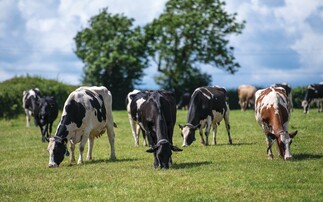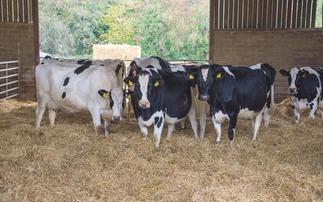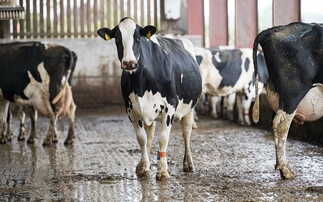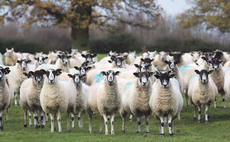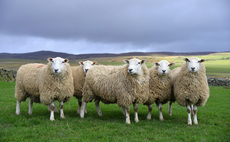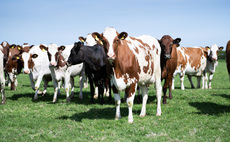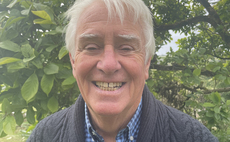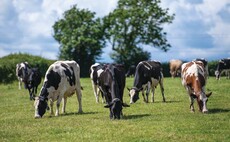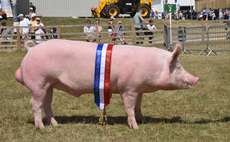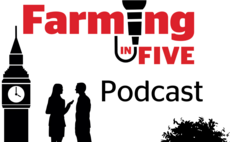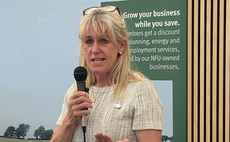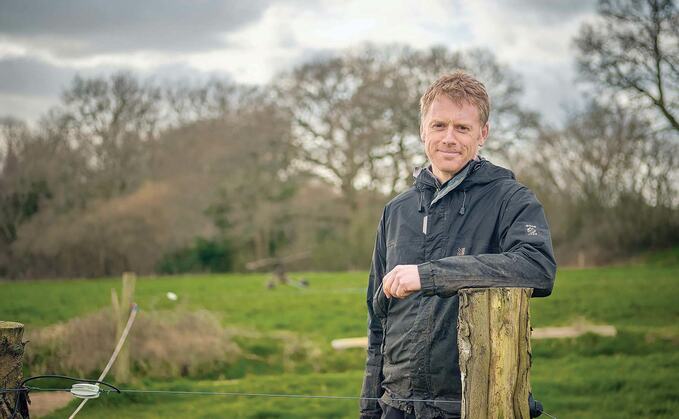
In many ways our calving date is dictated by school summer holiday dates, allowing us to spend a couple of weeks with the kids away from the farm before calving madness sets in in the middle of August.
It also gives me a chance to look back on a reasonably successful lactation, with milk finally going past 6,000 litres per cow and conception rates remaining at about 70-75%.
We are still suffering the after affects of the wet spring, with some fields still baring the scars of enforced turnout when silage began to run short.
As I write this, our clamps look worryingly empty, with a very poor spring barley wholecrop last week.
The weather is currently on our side with plenty of moisture, so we hope two more good cuts of grass might just see us over the line.
The very high milk price for much of the previous financial year meant a reasonably successful year for both farms, but this year feels very different.
Milk price is forecast to be down by one-third, but feed price is only down about 20%, so the ratio feels unnervingly fragile.
Many organic dairy farmers up and down the country will have been scratching their heads and redoing budgets over the past few months, trying to figure out whether the gamble has been worth it.
On the whole, we are now left with the diehard organic producers, many of whom have been in since the late 1990s when Government support first arrived.
This is therefore not just a financial decision, but also a philosophical one, with organic being at the heart of everything they do and everything they believe in.
Many have already handed in their notice, and it will be interesting to see where the supply is by next spring.
For us, we hope to ride out the storm this winter, keep spending to a minimum and waiting to see what changes the drop in supply might make next year.
From experience of previous organic downturns, we know there will be an upside, it is just a question of when.
The past three months have opened my eyes to the challenges of the job market in our industry. Having to replace our previous herd manager in May, it took until late July to bring the right candidate on to the farm.
I had never heard of the term ‘ghosting' before, whereby a candidate leads you to believe they are keen on a job, up until the point where they simply cease communication, often overnight, leading to huge frustration on my behalf and lots of wasted time.
Thankfully it all led to finding a very enthusiastic candidate who we will be able to mould to our own requirements, so at least there was a happy ending.









